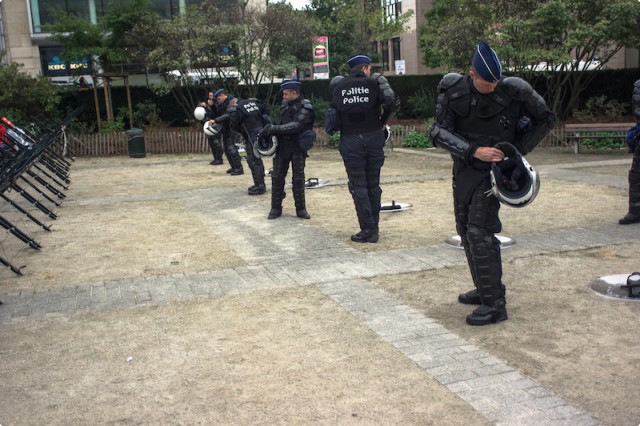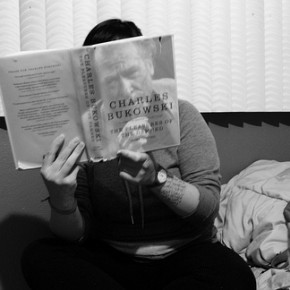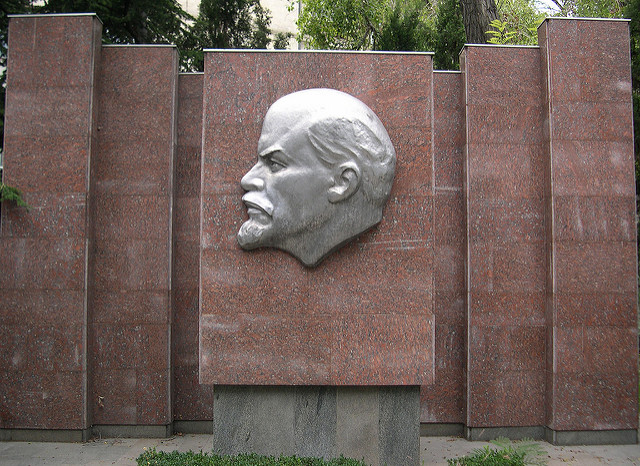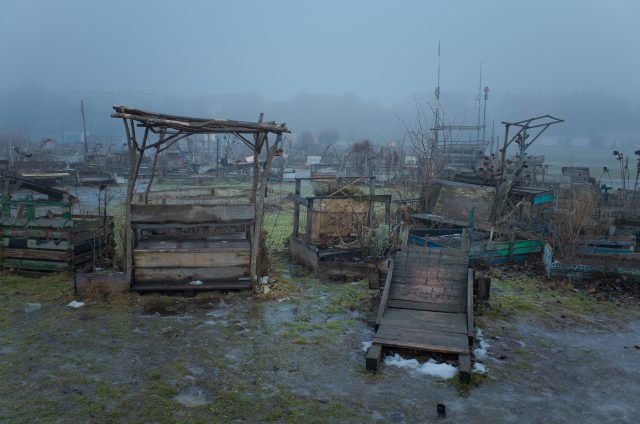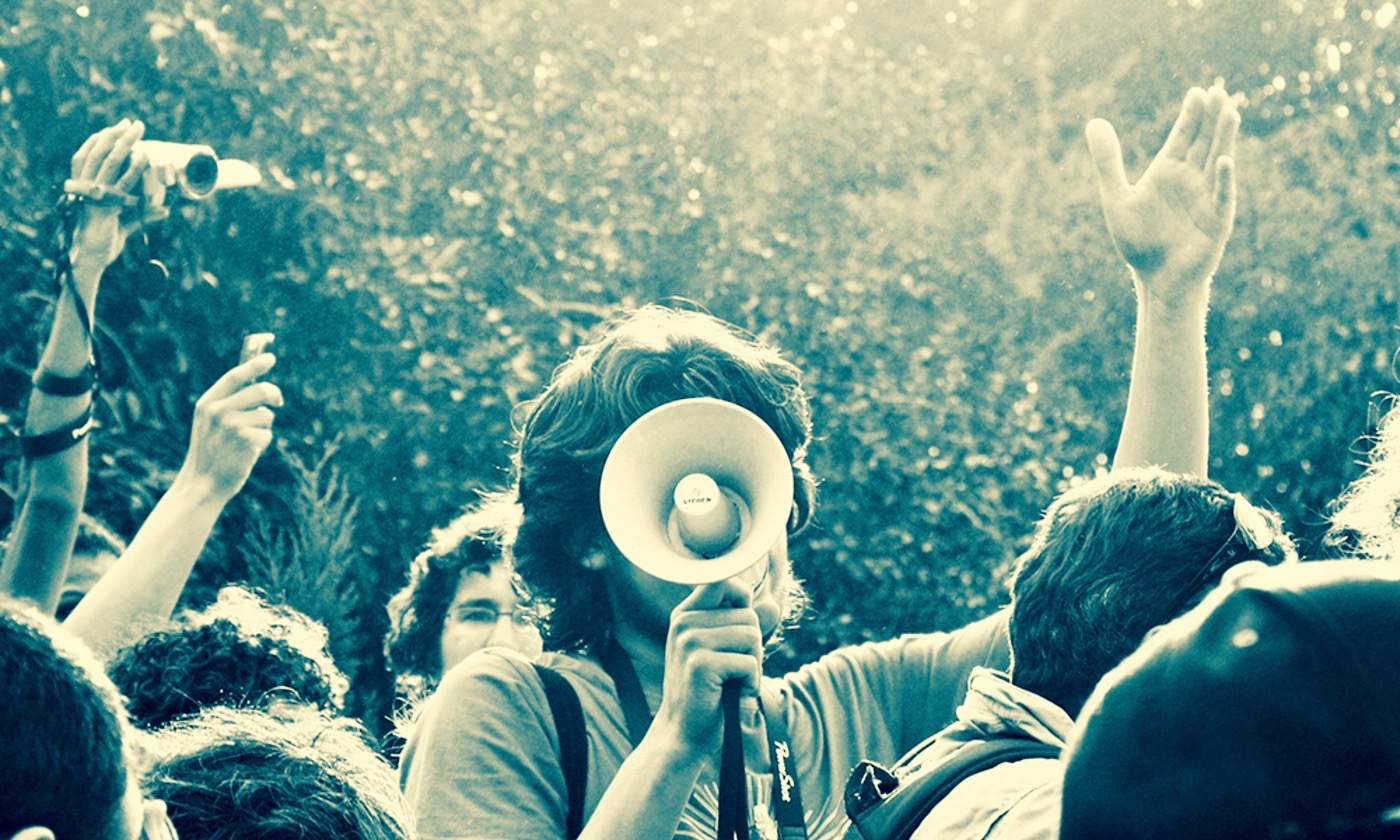If I may begin with a bit of oversimplification, Slavoj Žižek basically writes two kinds of books: long and incomprehensible, and short and to the point. His Less Than Nothing is an example of the first sort.
Even with a doctorate in history, and years spent as the assistant of one of the English speaking world’s leading experts on Hegelianism and psychoanalysis, I still only understood about every third thing he says in 1000+ pages of that book.
Even the shorter end of this grouping, works like Living in the End Times, The Parallax View, or The Sublime Object of Ideology present serious challenges for those who familiarity with Hegel, Marx, Freud, and Lacan is anything less than visceral.
At the other end of the spectrum are what you might call Žižek’s more occasional works, books like First as Tragedy, Then as Farce, or In Defense of Lost Causes, or The Year of Dreaming Dangerously, in which he takes on a fairly narrow and concrete topic (or group of topics) and reasons his way through. Trouble in Paradise: From the End of History to the End of Capitalism, his most recent book, definitely falls into the latter category.
The content is pretty standard Žižek: analysis of seeming paradoxes, dissection of popular culture, and obscene jokes most of which have been used at least once, and often several times, in his previous publications. For all that, and in contrast to some other works that one could name (such as last year’s Absolute Recoil), Trouble in Paradise presents readers with a plausibly linear analytical structure to go along with the author’s omnipresent (often overwhelming) erudition.
For those familiar with Žižek’s work, reading each new book is a little like listening to punk rock demo tapes. You’re not likely to hear anything you haven’t heard before, but it can be a really stimulating experience if (and only if) you come to it with a degree of sympathy. Žižek gleefully flouts the accepted nostrums of Western politics. As an unapologetic Marxist, this is not surprising. But Žižek cares little for craven political correctness, and is more than willing to gore the sacred cows of the left. Thus, in Trouble in Paradise, we find him dismissing the contentions of post-colonial theorists with respect the repressive nature of communicating in English, and the implications of the destruction of precolonial cultures.
Žižek points out, correctly in my view, that much of this mode of analysis partakes of a peculiar atavism, as if the indigenous cultures that existed before western colonial subjugation still existed somewhere in the historical ether waiting to be regenerated. All too often this is merely camouflage for a synergy between the cultural imaginary of a residual Brahmin caste and the needs of region-specific capitalism.
The goal that Žižek promotes is, rather, the construction of non-repressive social orders which may incorporate cultural fragments of the past without fetishistic political atavism. This is very much akin to the point (made clearly by the editors of Jacobin in a recent issue) that the struggle against technology-driven unemployment should not proceed along the lines of preserving the wretched jobs of today, but rather by reconfiguring the society of tomorrow along lines that promote egalitarianism and generalized human flourishing.

This can be seen clearing in Trouble in Paradise, where Žižek relates the story (familiar to anyone who has watched his recent talks on YouTube) of his meetings with leaders of movement for Dalit rights, in which the point was made that the last thing that they desired was the unreconstructed return of the traditional social order. For Žižek, the goal is to find a way to imagine a new, more just order and the means of achieving it.
Trouble in Paradise is, in certain respects, a roadmap for this process. It is divided into four coherently ordered sections (Diagnosis, Cardiognosis, Prognosis, Epignosis) and an appendix which provides, as clearly as anything that Žižek has written recently, a way forward in the struggle. Žižek’s analysis of capitalism, to a great degree, is not new, but certainly powerfully expressed and not obviously wrong, whatever else one could say about it. The current system, in which rentiers rule through indebtedness, and wealth is concentrated in upper reaches of the income distribution, is in crisis.
The elements of this crisis that Žižek considers most central will be familiar to readers of Costas Lapavitsas, Wolfgang Streeck, Michael Hudson, Maurizio Lazzarato and others who have chronicled the sclerotic and dysfunctional systemic conditions in modern capitalism. What Žižek adds is a psychoanalytic dimension meant to show the way that systemic integrity is maintained ideologically in ways that involve not rational defense of the order, but simple exclusion of alternatives from the realm of the conceivable, to say nothing of the possible.
Much of the central sections of Trouble in Paradise is devoted to illustrating the ways that the current order is defended by a superstructure of beliefs and fears that work to divert critical attention toward addressing this or that particular symptom while leaving the foundations of the system itself untouched. In order to talk coherently about Žižek’s position (in this book, as with all his others) one has to engage in a bit of simplification, putting aside much of the argumentative richness that so often makes his books slightly too interesting to read.

In this case, (what I take to be) the central analytical thrust is the issue of how the various narrow issue protest groups that have sprung up throughout the developed, and less developed worlds, can be aligned in such a way as to create a serious challenge to the order of neoliberal capitalism as such.
Žižek’s claim is that there are underlying homologies between these movements, concerns that relate to economic life and well-being (and are thus properly systemic). If properly channeled, they transcend the superficialities of race and nation. The particular examples that Žižek adduces are in the former Yugoslavia and the Maidan protests in the Ukraine. Žižek’s contention is provocative, and attractive in its way. But it seems to require a level of de-fetishization which, if it were suitable for common practice, would have changed the world a long time before now.
The Slovenian theorist holds out the hope that polycephalous anticapitalism has the capacity to effect systemic change. I think anyone aware of, and worried about, the catastrophic damage that capitalism is currently wreaking on the human biosphere will hope that this is true. He cites Kojin Karatani’s recent book, The Structure of World History, which grounds its critique of capitalism in terms of exchange rather than production, as holding out the prospect of a path towards a non-repressive politics.
Žižek argues (once again correctly in my view) that the challenges facing human beings currently are the sort of things that must be solved at the global level. But at times Žižek seems to be carried away by his own rhetoric, and (as he often does) to conflate logical consistency with practical plausibility. Still, this book is as clear and concise a statement of Žižek’s views as one is likely to find. It is a pleasure to read, and if his optimism is at points excessive it is also infectious, and in our current circumstances that is, perhaps, not the worst sin.
Photographs courtesy of Joel Schalit.
